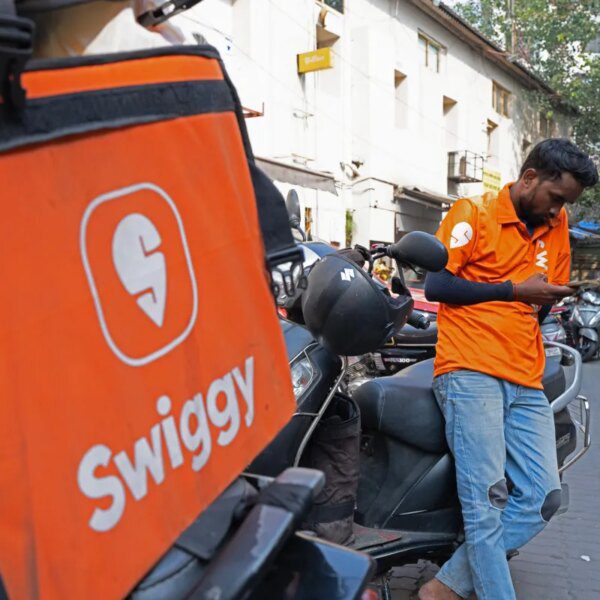
For the first time, Singapore has topped the 2025 Global Talent Competitiveness Index (GTCI)—a ranking by the French business school INSEAD that measures how countries grow, attract, and retain talent.
The city-state—the only Asian country in this year’s top 10—dethroned Switzerland, which had held first place since the list’s inception in 2013.
Switzerland slid to second place on this year’s list, closely followed by other European nations such as Denmark, Finland, Sweden, and the Netherlands. The U.S. came in 9th (slipping from 3rd place in 2023), its lowest ranking since the index was founded.
The GTCI index considers 77 indicators, ranging from soft skills to artificial intelligence. It spans 135 countries, which collectively represent over 97% of global GDP and 93% of the world’s population.
Singapore pushes forward
According to the 2025 GTCI report, Singapore clinched first place due to the constant evolution of its educational system, and its focus on nurturing an adaptive and resilient workforce.
The country ranked first on the “generalist adaptive skills” metric, which measures workers’ socio-emotional flexibility, technological adaptability, and innovation-driven outputs.
“Economies that cultivate adaptable, cross-functional and AI-literate workforces tend to be better positioned to convert disruption into opportunity and sustain long-term competitiveness,” said Paul Evans, Emeritus Professor of Organisational Behaviour at INSEAD and co-editor of the report, in a press statement dated Nov. 26.
“This year’s results underscore that talent competitiveness is not solely a function of income level, but of strategic policy orientation, institutional quality and effective mobilisation of human capital resources,” he added.
How other countries performed
Europe continued to dominate the rankings, making up seven of the GTCI’s top 10.
Some countries were also recognised in the GTCI report “for their ability to get better talent outcomes with fewer resources.” They included affluent nations such as South Korea, and lower-middle income countries like Tajikistan, Kenya, Uzbekistan, Sri Lanka, Myanmar, Pakistan and Bangladesh.
Low-income countries like Rwanda were also acknowledged for demonstrating strong foundations for talent development.
This year’s index marked a first-time collaboration between INSEAD and the Portulans Institute, a non-profit research outfit based in Washington, D.C.
And more so than ever, in determining their global competitiveness, countries’ adaptive capabilities have come to the fore, said Rafael Escalona Reynoso, the CEO of Portulans Institute.
“What matters most today are adaptive capabilities: the ability to collaborate, think across disciplines, innovate under pressure and navigate fast-moving, tech-driven environments. These are the skills that increasingly define a country’s competitiveness,” he said.















